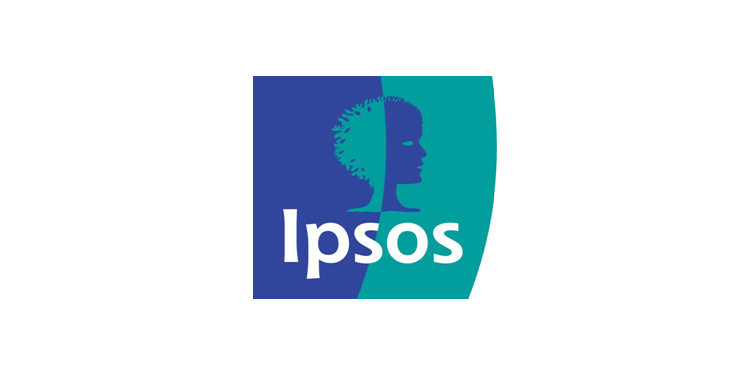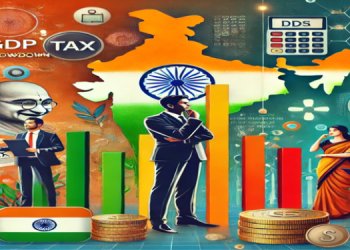New Delhi: According to a new survey by the World Economic Forum (WEF) and Ipsos, at least 84% of the Urban Indians polled support taxing products using scarce natural resources (whether water or trees), even if it leads to price increase and they have to shell out more, for the products.
Interestingly, emerging markets support this doctrine more. The top markets supporting were China (85%), India (at 84%, was 2nd in the pecking order), Colombia (84%), and Chile (83%). The bottom two markets were Japan (47%) and Poland (50%), which displayed polarized views. At least 7 in 10 global citizens support the levy of additional tax for scarce natural resources as ingredients.
Further, the survey shows that at least 3 in 4 global citizens (85%) endorse marketers labeling their products, mentioning their usage of scarce natural resources as ingredients. India was 8th in the pecking order, with at least 88% supporting the labeling of products. The top markets were Columbia (93%), Malaysia (91%), Chile (91%), and China (91%). The bottom two markets were Japan (75%) and Germany (76%).

“Most of the natural resources are depleting due to global warming and climate change and even population explosion. Consumption versus natural replenishment is quite lopsided.
I foresee this emerging as a major marketing trend where more brands are going to adopt this in their implementation – of labeling and mentioning on their packaging usage of scant natural resources and likewise being taxed for the usage of depleting resources. It is also to do with their sense of responsibility and for consumers as responsible citizens, taking it in their stride and paying the penalty,” says Amit Adarkar, CEO, Ipsos India.

















